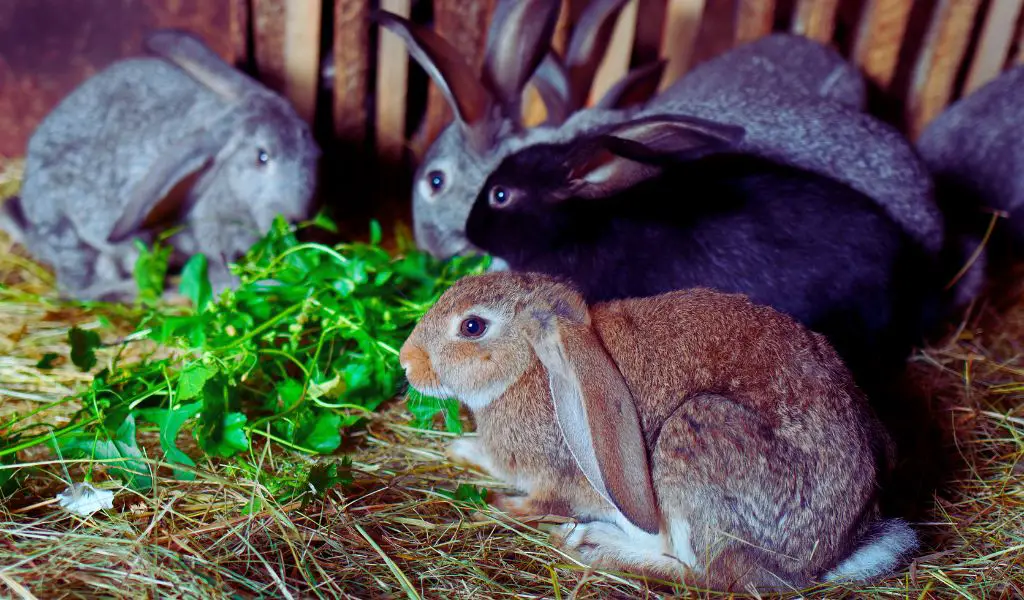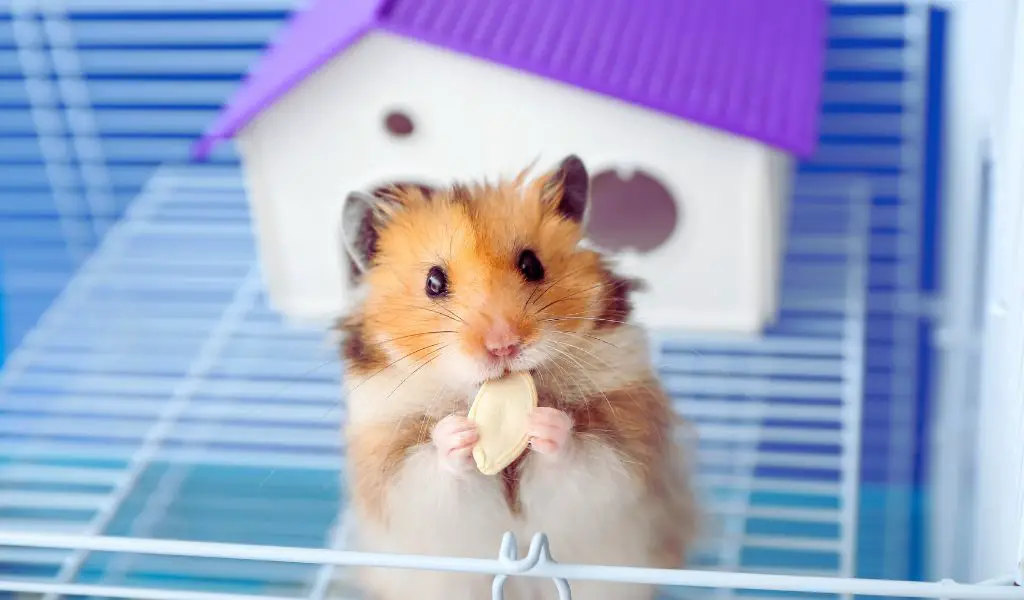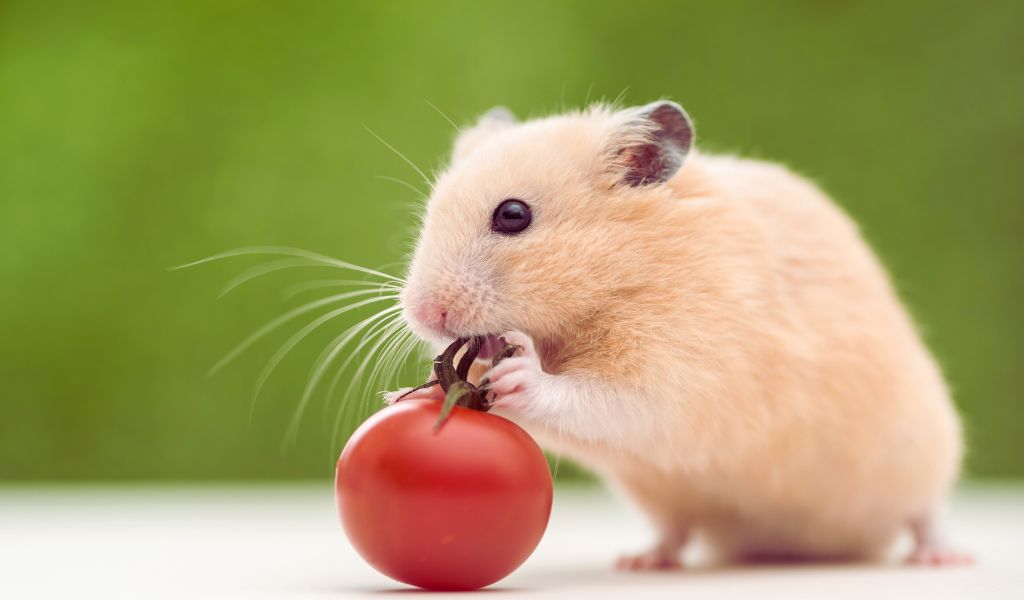Rabbit nutrition is a critical aspect of pet care that often goes overlooked.
Understanding how to feed your rabbit correctly is not just about keeping them alive; it’s about promoting a healthy, happy life that’s free from common health issues such as obesity and dental problems.
This article is a must-read for any rabbit owner or anyone considering adopting a bunny.
We’ll dive into the essentials of a rabbit’s diet, debunk common feeding myths, and offer practical tips to ensure your furry friend gets the nutrition they need.
Whether you’re a new rabbit parent or looking to refine your rabbit’s diet, this guide has everything you need to know.
Understanding Your Rabbit’s Dietary Needs
Rabbits are herbivores with a unique digestive system designed to process a diet high in fiber.
A balanced diet for a rabbit includes hay, fresh vegetables, a small number of pellets, and unlimited access to clean water.
Understanding the balance and variety needed in their diet is crucial for maintaining their health and avoiding common issues like gastrointestinal stasis.
The Importance of Hay in a Rabbit’s Diet
Hay is not just a filler; it’s the cornerstone of a rabbit’s diet.
Providing unlimited access to high-quality hay, such as timothy, orchard, or oat hay, supports their digestive health and helps prevent obesity and dental disease by promoting natural chewing behaviors.
Fresh hay should always be available and make up the majority of their daily food intake.
Selecting the Right Pellets for Your Rabbit
While hay should form the basis of your rabbit’s diet, pellets can supplement essential nutrients.
However, not all pellets are created equal. High-quality pellets should be high in fiber and low in fat and protein.
Adult rabbits benefit from a limited pellet intake, ensuring they don’t rely on pellets at the expense of hay and fresh vegetables.
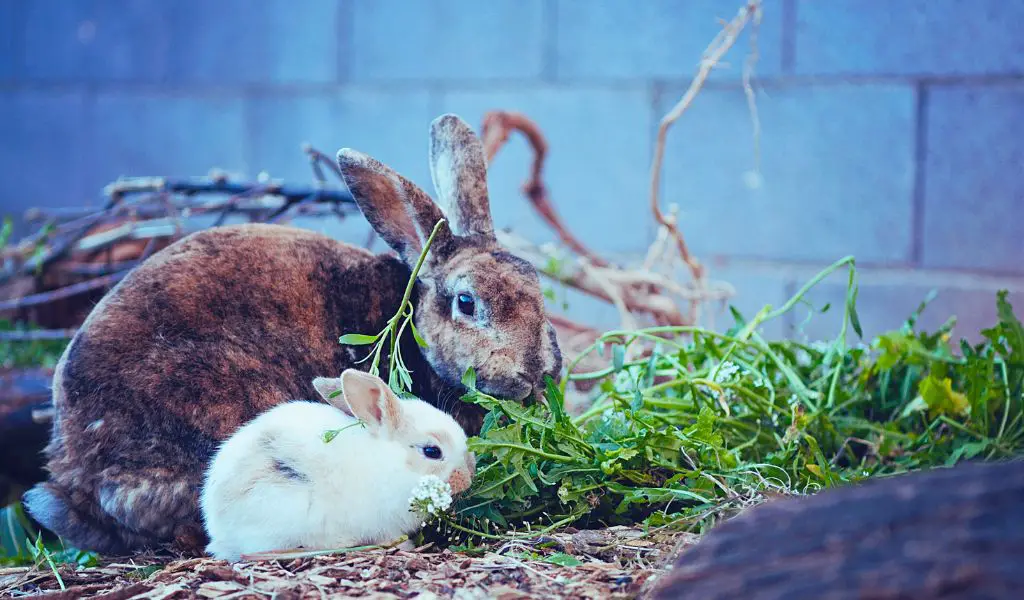
The Role of Fresh Vegetables and Leafy Greens
Fresh vegetables and leafy greens are vital for providing vitamins and minerals. Kale, bok choy, watercress, and dandelion greens are excellent choices.
Introduce new vegetables slowly and in small amounts to avoid digestive upset.
Remember, variety is key to a balanced diet.
Fruits: A Sweet Treat with Caution
Fruits are high in sugar and should be given in moderation as a treat.
Small amounts of apple, pear, or berries can be offered occasionally.
It’s important to know which fruits are safe and to introduce any new treat slowly to prevent digestive issues.
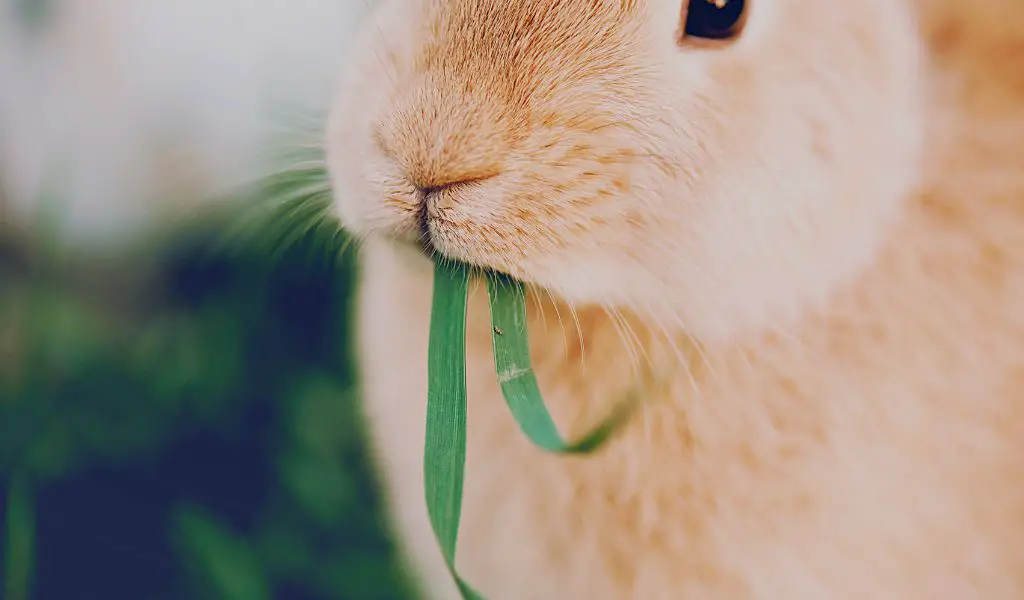
The Dangers of Obesity in Rabbits
Obesity is a significant health risk for rabbits, leading to reduced mobility, increased risk of heart and liver disease, and shortened lifespan.
A diet high in hay and low in high-calorie foods like pellets and treats is essential for maintaining a healthy weight.
Supplementing Calcium in a Rabbit’s Diet
Calcium is crucial for bone health, but too much can lead to urinary stones.
Balancing calcium intake involves providing a diet rich in hay and selecting vegetables with appropriate calcium levels.
Always consult with a vet to tailor the diet to your rabbit’s specific needs.
Water: The Overlooked Nutrient
Clean, fresh water must always be available to your rabbit. Water supports digestion and overall health.
Whether using a bowl or a bottle, ensure your rabbit can easily access fresh water at all times.
Managing Dietary Changes and Special Needs
Any changes to your rabbit’s diet should be made gradually to avoid digestive upset.
Special dietary needs may arise from health issues, age, or breed differences.
Consult with a rabbit-savvy vet to adjust the diet as needed.
Monitoring Your Rabbit’s Health Through Their Diet
Regularly monitoring your rabbit’s eating habits, weight, and fecal output is crucial. Changes in these areas can indicate health issues.
A well-balanced diet is your first line of defense in keeping your rabbit healthy.
Key Takeaways
- Hay is essential and should make up the majority of your rabbit’s diet.
- Pellets should be high in fiber but given in limited quantities.
- Fresh vegetables and occasional fruits provide necessary vitamins and minerals but must be introduced carefully.
- Obesity is a significant health risk for rabbits, emphasizing the need for a diet high in hay and low in high-calorie foods.
- Water is crucial for your rabbit’s health and should always be available.
- Dietary changes must be made gradually to avoid upsetting your rabbit’s sensitive digestive system.
- Regular health monitoring through diet and weight checks can prevent many common health issues.
By understanding and implementing these guidelines, you can ensure your rabbit enjoys a long, healthy, and happy life.

